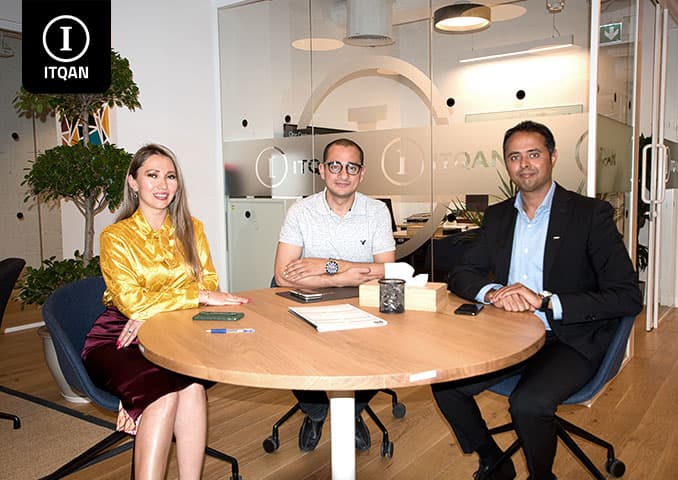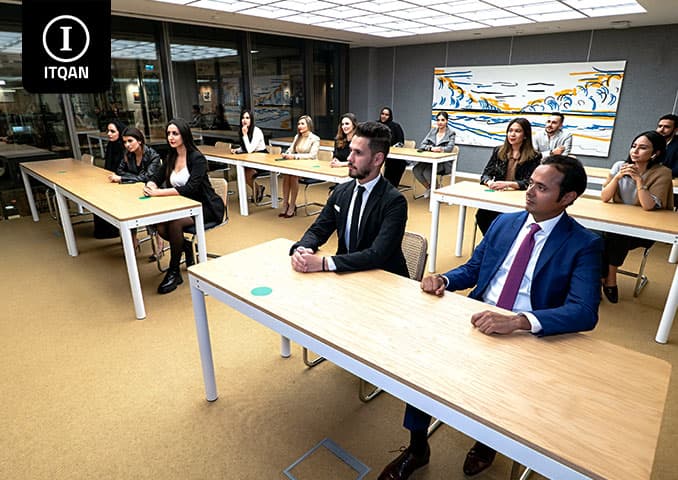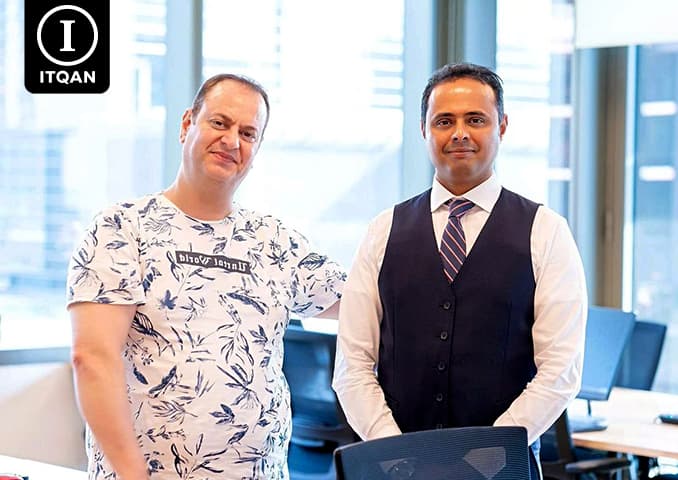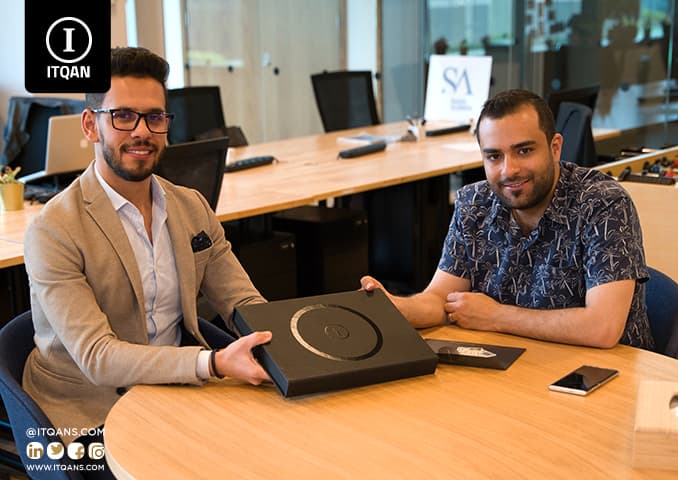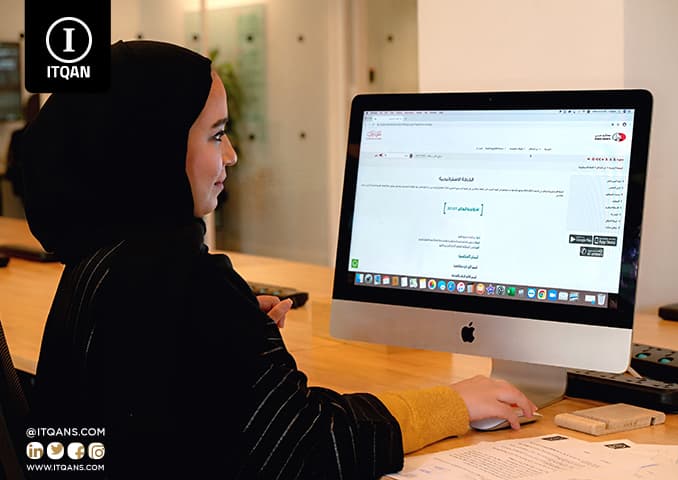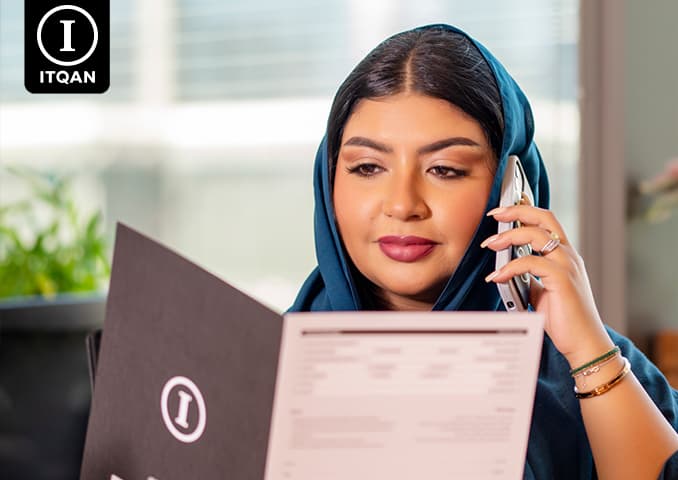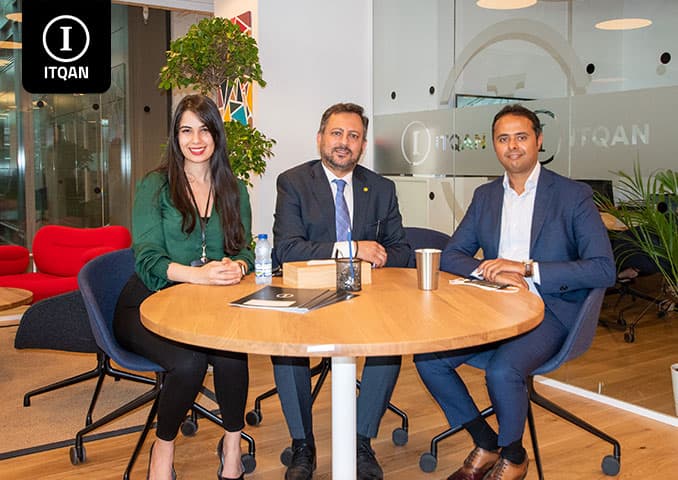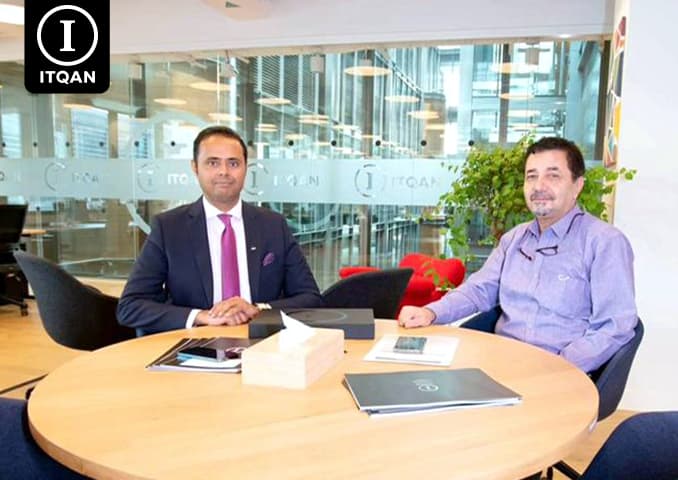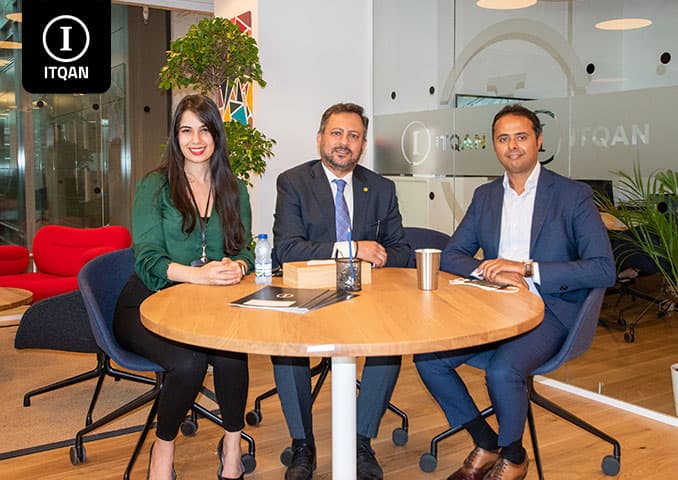Dubai is considered one of the most prominent investment destinations in Dubai thanks to its dynamic and innovative economic environment, advanced infrastructure, and supportive government policies. As a global financial and business centre, Dubai offers a variety of investment opportunities that meet the needs of various sectors, from technology and innovation to real estate and financial services.
Dubai is characterized by an attractive investment environment thanks to its economic incentives and the facilitating legislation it provides to investors. The city is home to several free zones that offer benefits such as full ownership for foreigners, tax exemptions, and fast registration procedures. Among these free zones, we find Jebel Ali, Dubai Internet City, and Dubai Industrial City, each of which offers a package of facilities that contribute to accelerating business establishment processes.
Moreover, Dubai provides world-class infrastructure that includes the latest facilities and transportation, which contributes to enhancing the efficiency of business operations and attracting foreign investments. Dubai’s strategic location on the world map provides easy access to regional and international markets, which enhances opportunities for growth and business expansion.
Dubai also has a strong reputation as a hub for innovation and technology, with the city investing heavily in artificial intelligence, fintech, and smart mobility projects. This orientation towards the future makes it a favorite destination for investors looking to immerse themselves in the latest global trends and technologies.
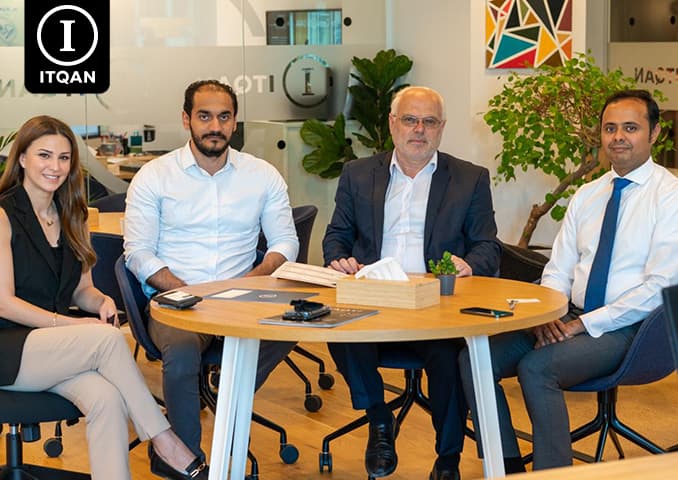
جدول المحتوى
ToggleHow to invest in Dubai
Investing in Dubai is an attractive opportunity for international investors due to its dynamic business environment and advanced infrastructure. To get started, investors must conduct a comprehensive feasibility study to determine the appropriate sector and optimal location for investment. Dubai offers diverse investment options, including real estate, startups, and trade. Choosing the type of investment depends on the financial goals and future vision.
First, you must choose the appropriate type of business entity, such as limited liability companies (LLC), joint stock companies, or investment in free zones that offer multiple benefits such as tax exemptions and simplified registration procedures. Dubai’s free zones provide an ideal environment for foreign investors thanks to full foreign ownership laws and tax exemptions.
Secondly, investors must obtain the necessary licenses and permits from local authorities such as the Department of Economic Development or the bodies supervising free zones. This includes submitting required documents such as proof of investment, lease contract, and business plans. Investing in the real estate sector requires registration with the Land Department, while other companies may need a license for commercial activity.
Third, it is preferable to cooperate with local consultants or companies specializing in company formation services to facilitate legal and commercial procedures. Being present in the Dubai market also requires adapting to local laws and business procedures, such as taxes and business practices.
Finally, investors should explore financing opportunities available from banks and financial institutions in Dubai, and take advantage of the city’s extensive business network. Thanks to the encouraging investment environment and government support, investors can achieve great success and sustainable growth in the Dubai market.
Ways to invest in Dubai
Dubai is one of the most prominent investment destinations in the world, thanks to its stable and advanced economic environment and the diverse business opportunities it offers. Here are some ways to invest in Dubai :
- Investing in real estate: The real estate market in Dubai is one of the most attractive markets for investors, thanks to its large and modern projects. You can invest in buying or renting residential and commercial properties.
- Establishing companies: Dubai provides great opportunities to establish companies in various sectors through free zones or limited liability companies. Investors can obtain a business license and establish companies in diverse fields such as technology, services, and manufacturing.
- Investing in financial markets: You can invest in stock and bond markets through local stock exchanges such as the Dubai Stock Exchange. These markets provide opportunities to achieve good returns through diversified investments.
- Joint ventures: Entering into partnerships with local companies can be an effective way to invest, especially if you want to exploit local knowledge and expertise.
- Investing in tourism projects: Dubai is considered one of the most prominent global tourism destinations, so investing in the tourism and hotel sector can be very profitable.
- Investing in innovation and technology: Dubai encourages investment in the field of innovation and technology through many government initiatives and technology free zones.
- Investing in sustainable energy sectors: Dubai invests heavily in renewable energy and sustainability projects, providing opportunities to invest in green and environmentally friendly projects.
Real estate investment in Dubai
Real estate investment in Dubai is one of the most attractive areas for investors due to the sustainable growth and diverse opportunities that the city offers. Dubai is characterized by a dynamic real estate sector that includes residential, commercial and hotel projects, which provides attractive opportunities for local and international investors.
First, investors should study Dubai’s real estate market in depth, including knowledge of promising areas, emerging markets, and potential returns on investment. Popular areas for investment include Downtown Dubai, Palm Jumeirah, and Dubai Marina, which witness high demand for luxury properties. Areas such as Jumeirah Village Circle (JVC) and Dubai South also offer diverse options at competitive prices.
Secondly, investors need to understand Dubai’s real estate laws and regulations. Ownership laws allow foreigners to invest in residential properties in specific areas, while companies and foreign investors can fully own ownership in free zones and projects that allow freehold ownership. Registration with the Land Department is an essential step, as it provides support in all real estate purchase and sale transactions.
Third, investors should consider financial aspects, such as available financing options, costs associated with purchasing such as duties and taxes, and potential returns from rentals or resales. It is preferable to cooperate with property management companies to ensure effective management and maintenance of the property.
Finally, it is important that investors keep track of current market trends, such as demand for smart and sustainable properties, and changes in government regulations that may impact their investments. Thanks to the encouraging investment environment and advanced infrastructure, investors can achieve excellent returns and sustainable growth in the Dubai real estate market.

Advantages of investing in Dubai
Investing in Dubai offers multiple advantages that make it an attractive destination for investors from all over the world. Here are some of the most prominent advantages of investing in Dubai:
- Suitable business environment: Dubai provides a distinguished business environment thanks to its advanced infrastructure and effective administrative systems. The government is always seeking to improve the business climate and facilitate procedures.
- Strategic location: Dubai is located in a strategic geographical location linking Europe, Asia and Africa, making it an important regional and global commercial center.
- Freedom of foreign ownership: Dubai allows foreign investors to own 100% of companies in many free zones, giving them full control over their investments.
- Tax exemptions: Dubai offers a range of tax exemptions, including no personal income tax and corporate tax in some free zones, which enhances investment attractiveness.
- Diversified economy: Dubai has a diverse economy that includes many sectors such as real estate, tourism, trade, technology, and energy, which provides diverse investment opportunities.
- Financing facilities: Various financing options are available in Dubai from banks and financial institutions, which makes it easier for investors to obtain the necessary financing to implement their projects.
- Modern infrastructure: Dubai has an advanced infrastructure that includes ports, airports, and highways, which contributes to facilitating trade and logistics movement.
- Strong legal and security environment: Dubai provides a stable legal and security environment, which ensures the protection of investors’ rights and provides legal protection for projects and funds.
- Growth and expansion opportunities: Dubai is considered a global center for economic growth, providing opportunities for companies to expand and grow in new markets.
- Quality of life: Dubai offers a high quality of life, including modern facilities and excellent medical and educational services, making it an attractive place to live and work.
At the conclusion of our article on investing in Dubai , we find that this distinguished city is not only a global economic center but also an ideal destination for investors from all over the world. With its modern infrastructure, attractive economic policies, and diverse opportunities, Dubai remains an exciting place for investors looking for a stimulating and conducive environment for their business.
Dubai offers investors a wide range of free zones that offer facilities such as full company ownership, tax exemptions, and simplified registration procedures. With areas such as Jebel Ali, Dubai Internet City, and Dubai Healthcare City, investors can choose from multiple sectors including industry, technology, health, and logistics. These facilities make Dubai an attractive environment for investors seeking to exploit global opportunities.
Moreover, Dubai is considered a global logistics hub thanks to its strategic location at the intersection of international trade routes. The large port and modern airports provide investors with easy access to regional and international markets. Dubai’s advanced infrastructure supports sustainable growth and facilitates business operations.
Ultimately, investing in Dubai is a golden opportunity for investors who aspire to benefit from a dynamic and supportive business environment. Backed by a supportive government and innovative business policies, Dubai remains a strategic destination for investors who want to achieve success and growth in the business world. So, if you are looking for a place that opens the doors to success and unlimited opportunities, there is no doubt that Dubai is the ideal choice.
The most frequently asked questions about investing in Dubai
What are the main investment opportunities in Dubai?
Investment opportunities in Dubai include real estate, hospitality, technology, logistics, tourism, and trade.
What are the procedures required to buy a property in Dubai?
Non-resident investors in Dubai must obtain a permit from the Real Estate Authority to purchase. The property must also be registered and registration fees must be paid.
What are the taxes imposed on investing in Dubai?
In Dubai, there is no income tax for individuals and companies. But there is a value added tax (VAT) of 5% on some goods and services.
How can I obtain residence permits for investors in Dubai?
Investors can obtain a long-term or permanent residence permit upon meeting certain conditions and investing specific amounts in Dubai.
What are the expected returns from investing in the real estate sector in Dubai?
Expected returns from investing in the real estate sector in Dubai range between 6% and 10%, and depend on the location of the property and the type of unit.



